A jury trial in the lawsuit filed by billionaire Elon Musk against OpenAI will begin in spring 2026, as determined by U.S. District Judge Yvonne Gonzalez Rogers on Friday.
The trial will address the ongoing legal battle between Musk and OpenAI over the company’s shift to a for-profit model, a development that has fueled tensions between Musk and OpenAI CEO Sam Altman.
Last month, Musk and OpenAI agreed to fast-track the trial over the transition, which Musk contends deviates from OpenAI's original mission to create artificial intelligence for the benefit of humanity rather than for corporate gain. Musk, who cofounded OpenAI in 2015, left the company before it gained significant traction and later founded his own AI company, xAI, in 2023. xAI recently acquired Musk's social media platform, X, in a deal that valued X at $33 billion, integrating its value with Musk’s AI firm.
Musk’s lawsuit, filed last year, alleges that OpenAI’s for-profit shift undermines its founding principles. However, OpenAI and Altman have denied these accusations, with Altman suggesting that Musk’s actions are intended to slow down a competitor.
At the center of the dispute is OpenAI's transition to a for-profit structure, which the company argues is necessary to attract funding and remain competitive in the rapidly evolving and costly AI industry. OpenAI is under pressure to expedite this transition, as it is currently in the process of raising additional capital.
Earlier this year, Altman rejected a $97.4 billion unsolicited takeover offer from a Musk-led consortium, further intensifying the ongoing rivalry. The trial next year is expected to be a significant milestone in this high-profile legal and business confrontation.
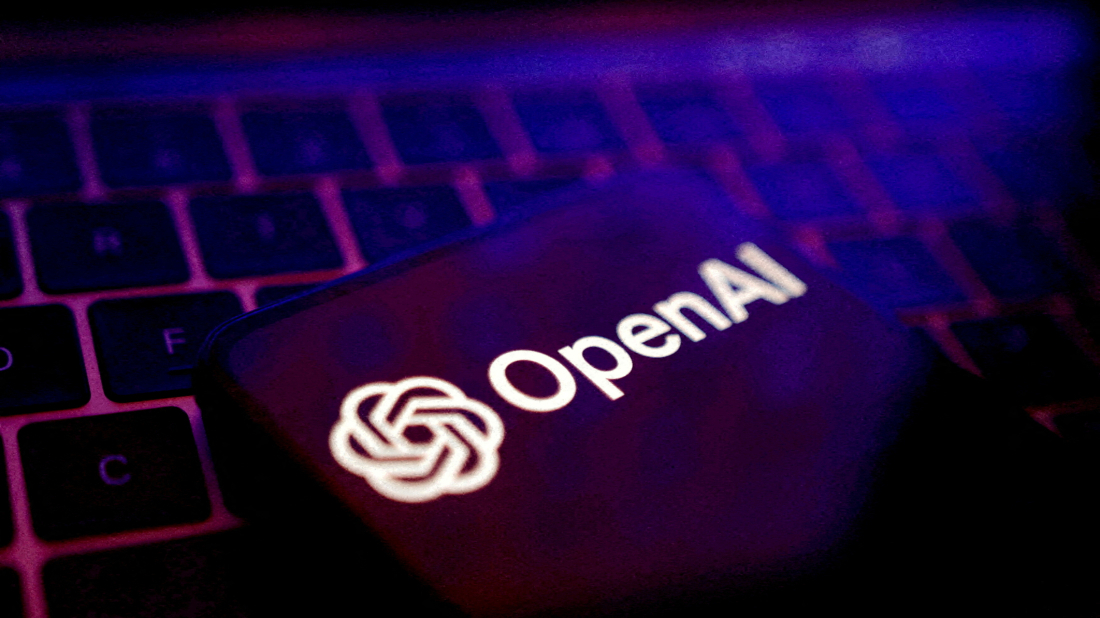
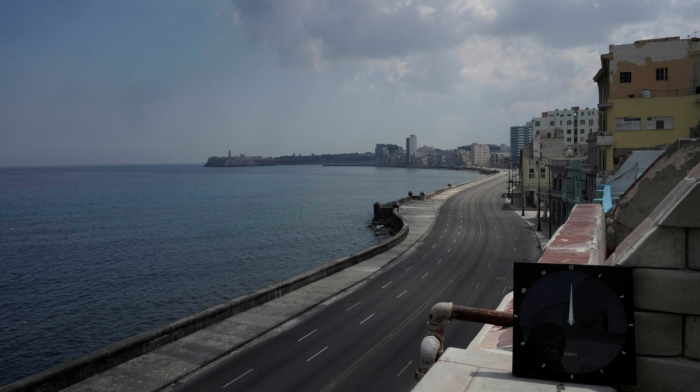
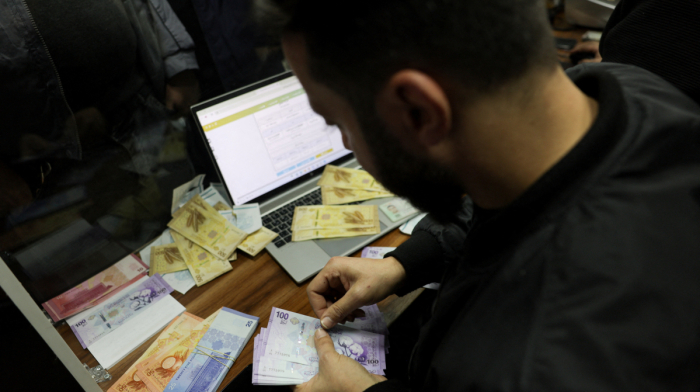




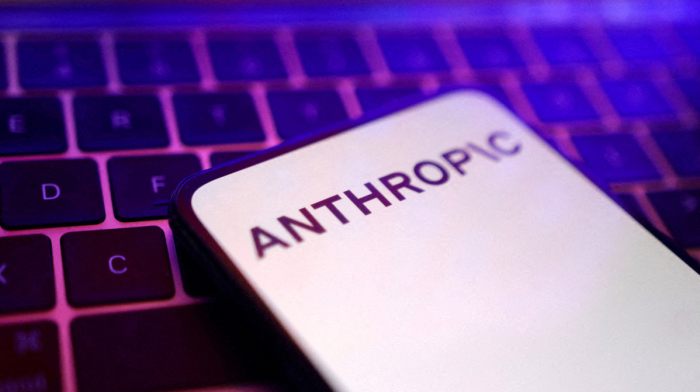
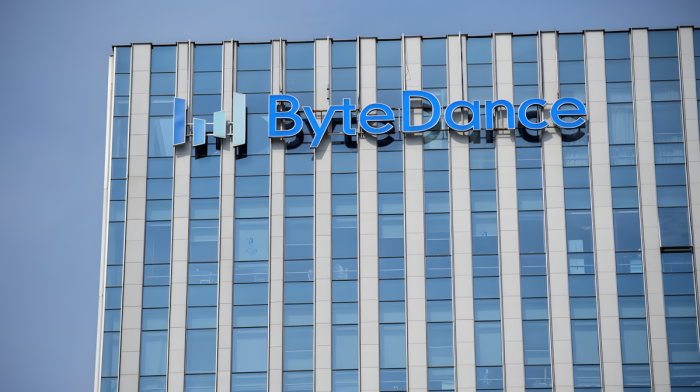

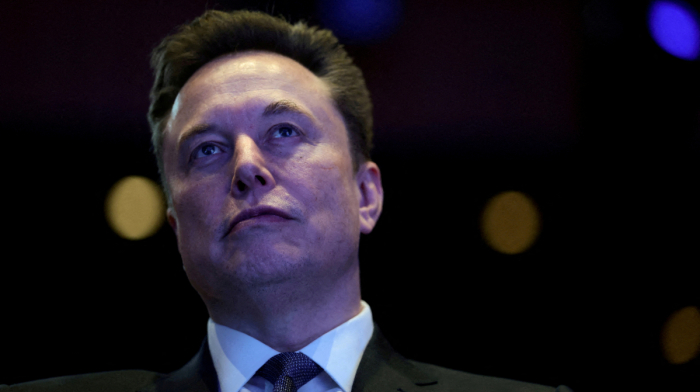
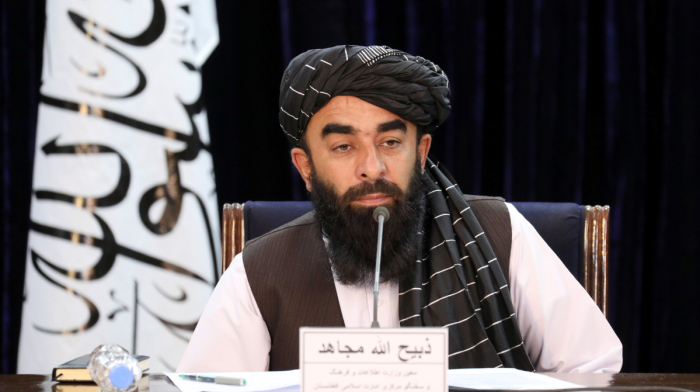




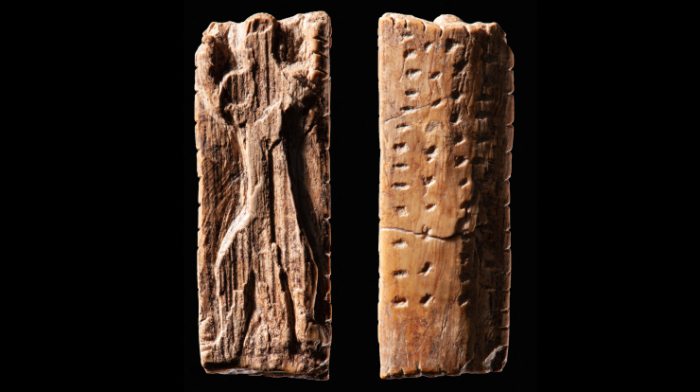
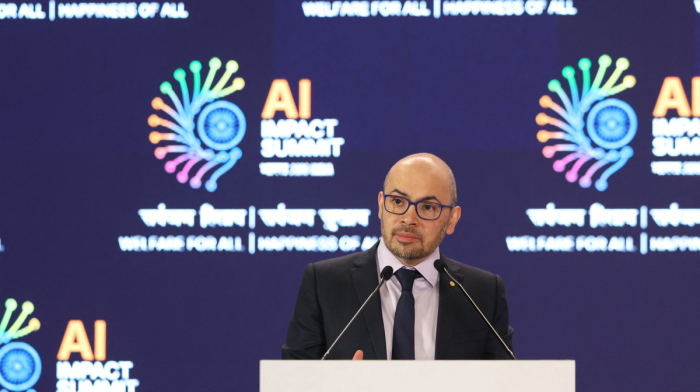
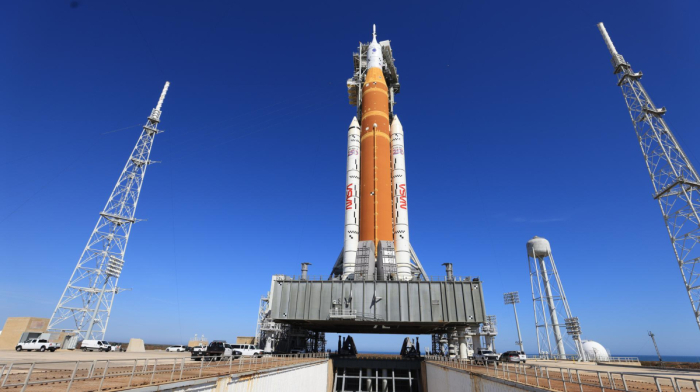
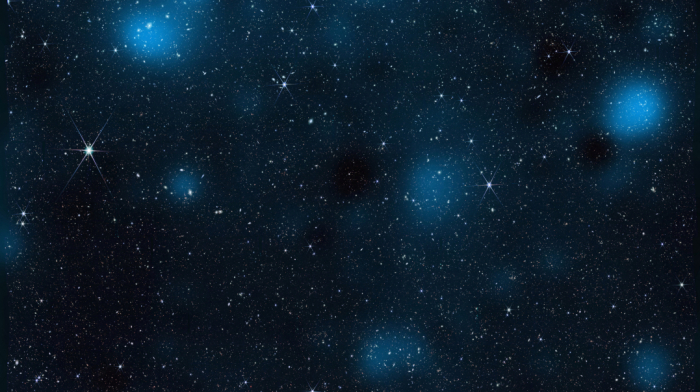



What is your opinion on this topic?
Leave the first comment